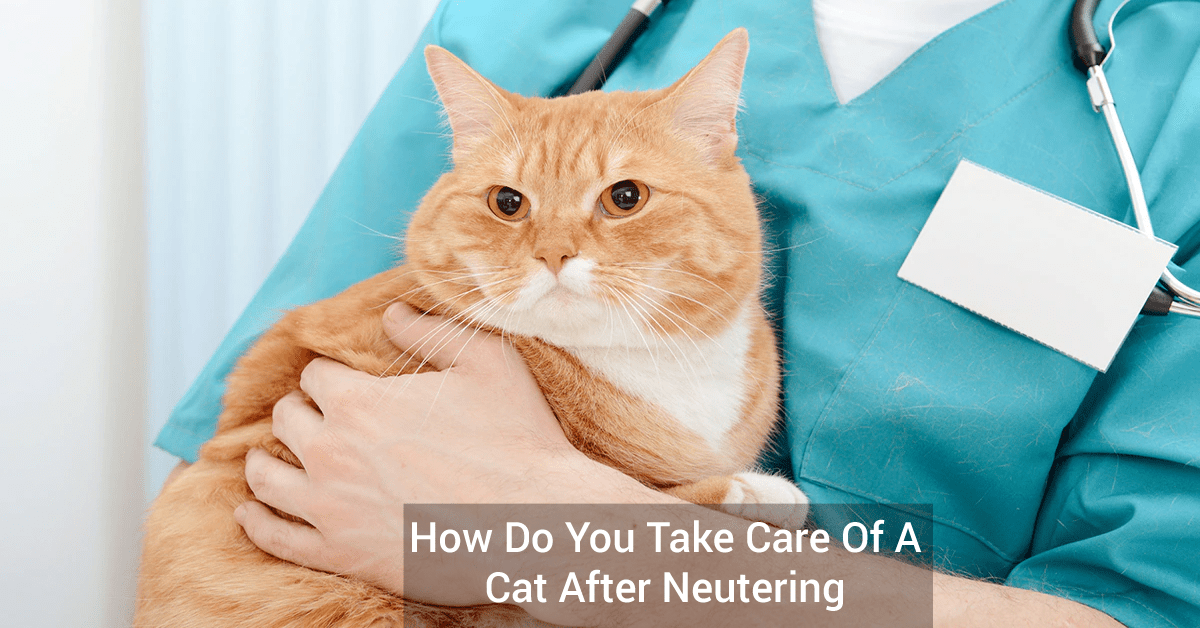Neutering a cat is a big decision for any cat owner. It is a surgical procedure; follow the doctor’s instructions carefully for your cat’s post-neutering care. Your cat will need extra affection and care for its recovery.
What is neutering?
According to the ASPCA, neutering is when an animal has all its reproductive organs removed. The goal is to prevent further reproduction and reduce or stop the production of sexual hormones. Neutering is done at veterinary clinics /hospitals. It is most commonly done in kittens and young female cats.
What is the need to have your cat neutered?
One of the most important things you can do for your cat is to have her neutered. Spaying or neutering, also known as surgical sterilization, is a medical procedure that removes a cat’s reproductive organs. Cats should be spayed or fixed to prevent them from developing specific health problems and reduce unwanted and homeless kittens worldwide.
Recovery of your cat?
If you’ve decided to have your cat neutered, then you’re probably wondering how to take care of them once the operation is complete. Your cat will need time to heal, so the first few days will be a little difficult for both of you. Follow the doctor’s instructions carefully for your cat’s post-neutering care. Remember to keep your cat indoors for the first 24 hours after the operation, and avoid allowing your cat to jump on or near people until they have healed enough to do so without causing discomfort or bleeding.
When your cat is spayed, its body undergoes many changes. As a result, the cat may need time to recover. That’s why we are here to help your pet pass through the recovery process! The following are some steps you can take to comfort your pet:
- Your pet needs to be away from other animals during recovery.
- Do not let your cat run and jump and get off for a few days after surgery.
- Never let it lick the incision point. You can use the cone to ensure this.
- Do not bathe your cat for at least ten days after surgery.
- Make sure the cat eats appropriately, is not lazy, and does not vomit. If she does, take her to a veterinarian immediately.
How can you restrict the movement of your cat?
Cats are pretty independent animals, and most of them don’t like being confined to a single room or space, especially if they’re used to roaming free in the house. However, it’s a good idea to restrict your cat’s movement for a few days after neutering to help keep them calm and reduce the risk of infection.
When your cat has been neutered, there are a few things that you can do to help keep him from moving around too much. Keeping him confined to a small room with his litter box and water will help him stay close to where they need to go. Instead of placing their food and water in the same area, you can scatter them around the room, so he has to walk a little bit to get to them. By keeping him in a small space, you can also help minimize his ability to get into trouble.
Neutering your cat reduces the risk of a wide variety of health problems in the future. It also has the benefit of making your cat less likely to roam and fight with other cats when it reaches sexual maturity. Neutering your cat is one of the best things you can do for it.



